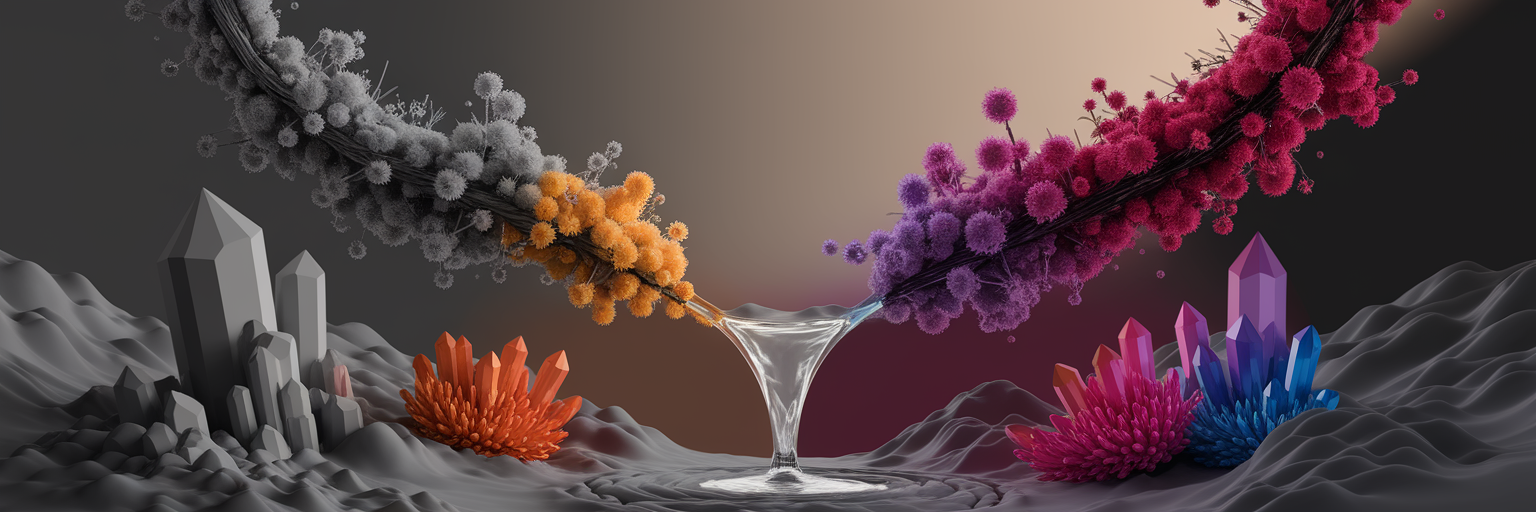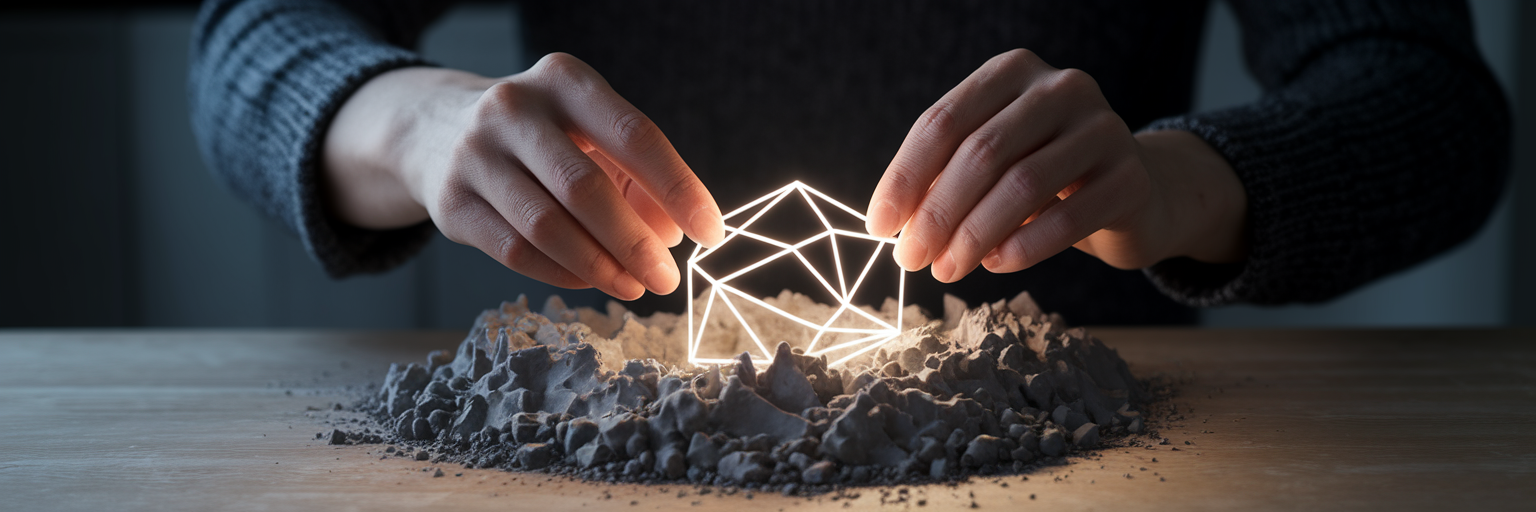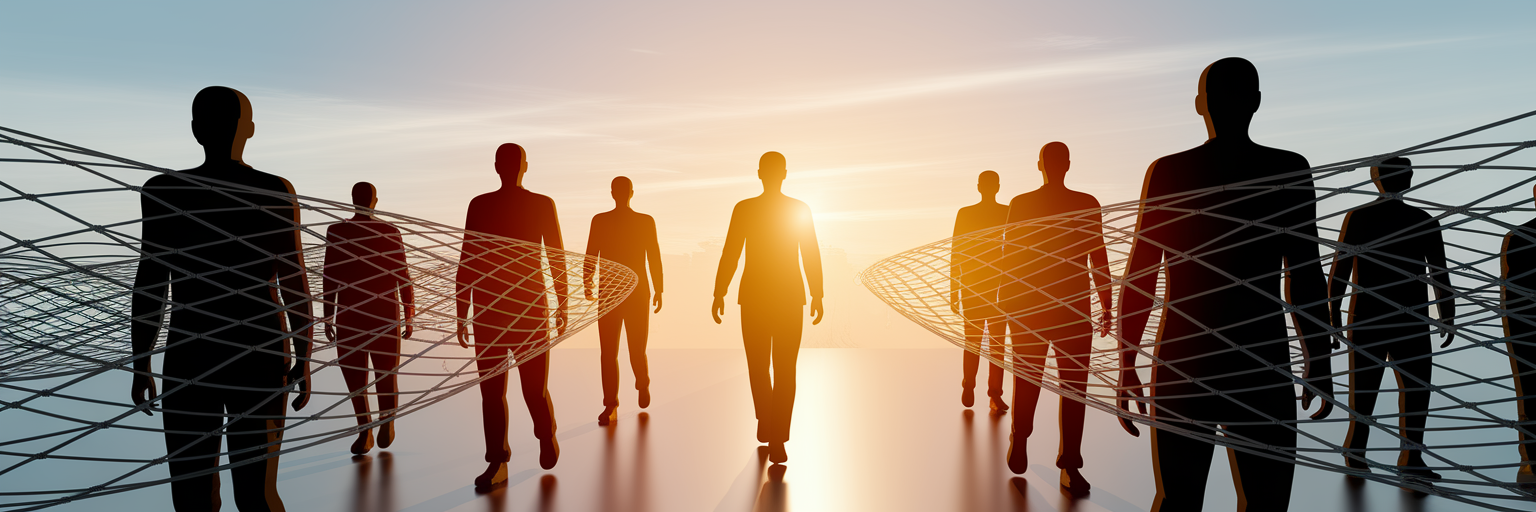
The Myth of Alcohol Enhanced Enjoyment
Let's start by dismantling the most persistent lie you've been told: that alcohol makes life more fun. This idea is so deeply ingrained that questioning it feels absurd. But what if the opposite were true? What if alcohol has been systematically subtracting joy from your life, and you’ve been tricked into believing the subtraction was an addition?
Deconstructing the Illusion of Fun
Consider any activity you believe alcohol improves. A concert, a dinner with friends, a quiet evening at home. The common belief is that alcohol adds a layer of enjoyment. This is a fundamental misunderstanding of what is actually happening. Alcohol is a depressant. Its primary function is to numb your senses and dull your perception. It doesn't sharpen your experience of music; it blurs the notes. It doesn't make food taste better; it deadens your taste buds.
So what is that feeling people mistake for "fun"? It is nothing more than the temporary relief from the mild, nagging withdrawal that begins the moment your blood alcohol level starts to drop. The drink you crave isn't adding pleasure; it's momentarily silencing the discomfort created by the previous drink. The "confidence" it provides is merely the dulling of social anxiety, a state of not caring rather than a state of genuine self-assurance. The activity itself was always the source of potential joy. The alcohol was just the filter you put in front of it.
The fear of boredom in sobriety is understandable, but it is based on a false premise. You are not afraid of being bored; you are afraid of feeling the natural state your brain has been conditioned to escape. Sobriety isn't about giving something up. It is the act of refusing to continue subtracting from your life. The search for fun things to do without alcohol begins by realising the fun was never in the bottle to begin with.
Reclaiming Your Senses and Time
Once you stop systematically poisoning your nervous system, something remarkable happens. You don't gain new abilities; you simply recover the ones that were suppressed. This isn't a magical transformation but a logical return to your natural state. The reawakening of your senses is one of the first and most profound rewards. Food develops complex flavours you had forgotten. Music reveals layers and textures that were previously muffled. The world literally looks brighter as your perception returns to its full, unfiltered capacity.
Beyond your senses, consider the enormous amount of time you reclaim. This isn't just the hours spent drinking. It's the time spent planning to drink, thinking about drinking, and the vast stretches of time lost to recovering from its effects. Hangovers are not just headaches; they are entire days stolen from your life, filled with fatigue, anxiety, and regret. This reclaimed time is your most valuable asset.
With this newfound resource, rediscovering hobbies sober becomes an entirely different experience. Think of a passion you had before drinking became a central focus. Perhaps it was playing an instrument, painting, or working on a car. Now, you can approach it with complete clarity, focus, and a steady hand. The satisfaction you derive is deeper because it is earned through skill and presence, not clouded by a chemical haze.
The Body's Natural Pleasure Engine
Your body is already equipped with a sophisticated and powerful pleasure engine. It is designed to produce chemicals like endorphins and dopamine in response to beneficial activities, creating feelings of happiness, satisfaction, and well-being. This is your natural reward system. Alcohol is an external chemical that hijacks this system. It forces a release of pleasure chemicals in a way that is inefficient, damaging, and ultimately unsustainable. It creates a dependency where the brain stops producing these chemicals on its own, waiting instead for the artificial trigger.
Physical activity is the most direct and effective way to restart this natural engine. It is not a chore but a command to your body to produce its own happiness. As noted by Harvard Health Publishing, regular exercise is an all-natural antidepressant, a powerful tool you already possess. Engaging in sober activities for adults like hiking, running, swimming, or team sports does more than improve your physical health. It builds genuine self-esteem, an earned confidence that comes from pushing your limits and achieving real goals. This feeling is vastly superior to the borrowed, fleeting confidence that comes from a bottle.
| Factor | Natural Pleasure (e.g., Exercise, Hobbies) | Artificial Pleasure (Alcohol) |
|---|---|---|
| Source of Feeling | Endorphin & dopamine release from activity | Chemical manipulation of brain receptors |
| Duration | Lasting mood elevation, hours to days | Brief, followed by a crash or hangover |
| Side Effects | Improved health, energy, and sleep | Impaired judgment, hangovers, health risks |
| Long-Term Impact | Builds resilience, self-esteem, and health | Creates dependency, tolerance, and anxiety |
| Self-Esteem | Earned through effort and accomplishment | Borrowed, often followed by regret or shame |
Note: This table illustrates the fundamental differences in how pleasure is generated and sustained. The comparison highlights the sustainable, positive feedback loop of natural rewards versus the depleting cycle of artificial stimulants.
Unlocking Genuine Creative Flow
The myth of the intoxicated artist is one of the most damaging lies associated with alcohol. The idea that a substance known to impair judgment, memory, and motor skills could somehow be a catalyst for creativity is illogical. True creativity requires clarity, focus, and precision. While alcohol may lower inhibitions, it does so at the expense of quality and coherence. It doesn't unlock creativity; it lets loose a stream of unfiltered, often subpar, ideas.
The real source of creative fulfillment is a state of deep, sober concentration known as 'flow'. This is when you are so absorbed in an activity that time seems to disappear. Alcohol makes this state impossible to achieve. Instead of being a passive consumer of a substance, you can become an active creator of value. Exploring creative sober outlets like writing, coding, learning an instrument, or painting allows you to produce something tangible and meaningful. As research highlighted by Psychology Today suggests, engaging in these activities is a powerful way to improve mental health. The satisfaction from creating something real provides a profound sense of accomplishment that stands in stark contrast to the emptiness that follows a night of drinking.
Discovering Profound Joy in the Everyday
Have you ever wondered why normal life can feel dull or grey without a drink? It's because chronic alcohol use artificially inflates your 'pleasure baseline'. Your brain becomes so accustomed to the intense, unnatural stimulation from alcohol that everyday experiences fail to register as pleasurable. Sobriety is the process of allowing this baseline to reset to its natural level. It is only then that finding joy in sobriety becomes possible, not through grand gestures, but in the fabric of daily life.
This is not about forced positivity. It is the logical practice of being present and noticing reality without a chemical filter. It is the rich, complex aroma of your morning coffee. It is the genuine engagement in a conversation where you are fully listening and responding. It is the simple warmth of the sun on your skin. As documented by the National Institute on Alcohol Abuse and Alcoholism (NIAAA), recovery often leads to an increased appreciation for these simple pleasures. By consciously acknowledging these small, real moments of contentment, you are retraining your brain to find satisfaction in reality. You are building a resilient and authentic happiness that requires no external fuel.
Navigating a World That Still Drinks
The final hurdle in your life after quitting drinking is often social. The fear of being the only one not drinking can be immense. The solution is a complete reversal of perspective. You are not the one missing out. You are the only one who is truly there. You are free, fully present, and in complete control of your faculties. You will remember the entire evening with perfect clarity.
The next time you are in a social setting, try an experiment. Become a detached, curious observer. Watch what actually happens to drinkers over the course of a few hours. Notice the repetitive conversations that loop back on themselves. See the exaggerated emotions and the gradual decline in coherence and wit. When you view intoxication from a sober viewpoint, you strip it of its allure and see it for what it is: a progressive state of impairment.
You will quickly realise that the connections you thought were being made were flimsy, temporary bonds based on shared intoxication. True human connection requires the very things that alcohol erodes: authenticity, clarity, and presence. A fulfilling life is built on relationships forged through genuine shared interests and values, not on the shaky ground of a shared chemical habit.
.-.-.
You don’t need alcohol to enjoy life.
You just need to stop believing the lie that you do.
If you're ready to find out what real joy feels like; clear, grounded, and real, grab The Quiet Reset, a free 5-step guide to help you start your sober journey without pressure or shame.



